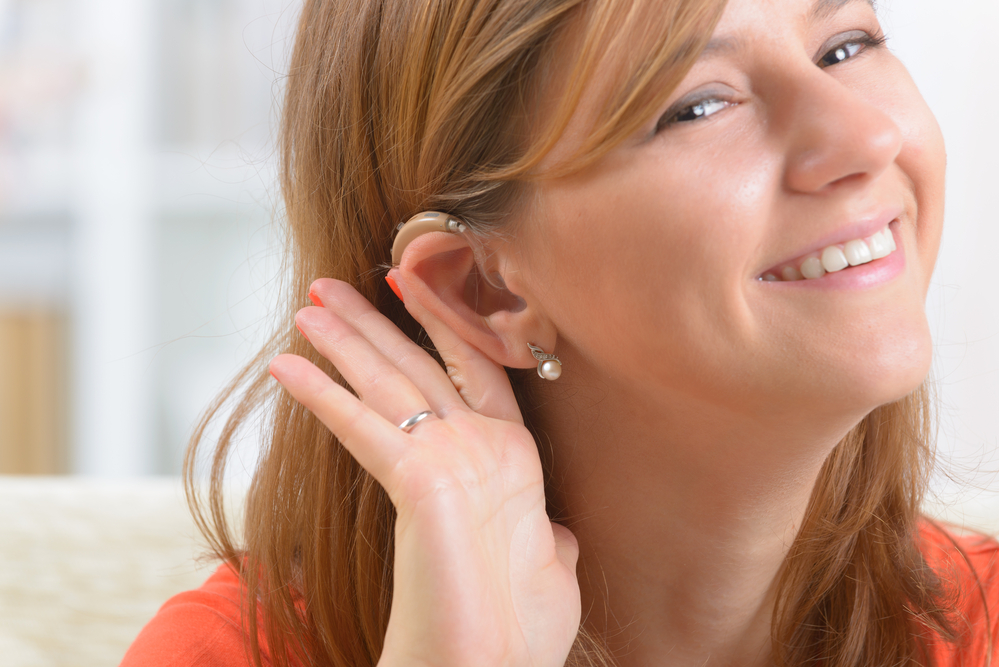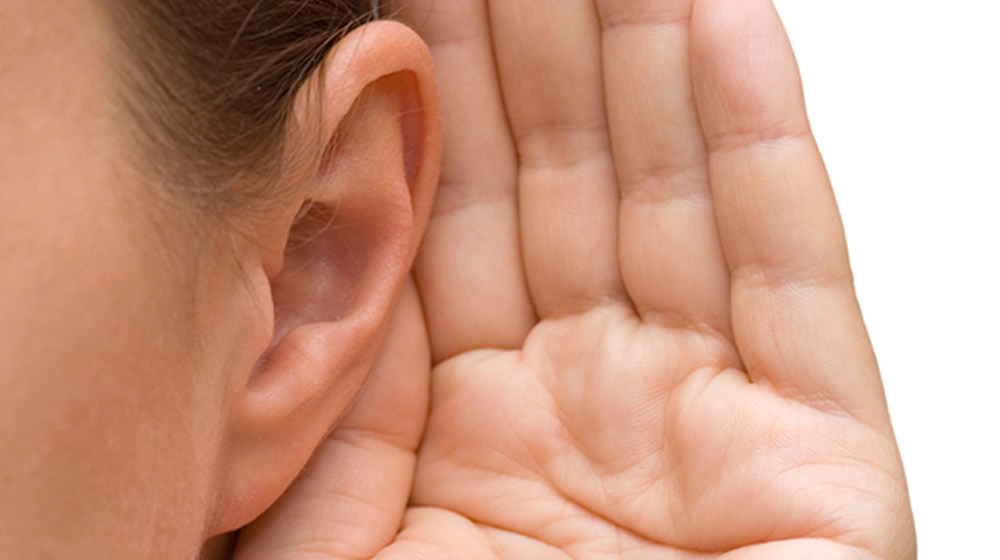Since 1983, Tim Harmon at Purchase Ear Technology been helping people improve the quality of their lives with better hearing. Purchase Ear Technology in Paducah, KY has a reputation for always offering the latest digital hearing aids on the market. We provide excellent service to our patients by learning about your hearing loss from your hearing assessment. We are then able to provide you with the best hearing solutions available. If a hearing aid is prescribed, we will evaluate your hearing loss and lifestyle so we can provide you with the best hearing technology to suit your needs.
Experience Patient Care Tailored to Your Specific Needs
Choosing Purchase Ear Technology means that you will experience patient care tailored to your specific needs, from your comprehensive diagnostic testing to the exceptional follow-up care we provide each patient. We believe that a strong patient-provider relationship, based on honesty and integrity, is the best approach to making sure you you do not miss any of the precious moments in your life. We know that your overall health depends on healthy hearing. At Purchase Ear Technology, you are more than just a patient. YOU ARE FAMILY!
Individualized Treatment Options
Patients of Purchase Ear Technology experience our standout service and capabilities.
- Results-oriented approach—We want you to be able to be reconnected with the things that matter most to you.
- Experienced professionals—We have vast experience in hearing care, assessments, comprehensive hearing plans and follow-up care.
- Informed individuals make smart choices—If you understand hearing loss and the technological options, you will be able to make an informed decision on how we can help you hear at your best.
- Thorough hearing assessments—The first step to hearing well is knowing where you have gaps in your hearing. We look at your entire health history so that we can see the complete picture and know how to make the recommendations that will help you hear well, address all your listening needs, while taking into account your overall health.
- High-tech aids tailored to you—Today’s hearing technology has come along way including more background reduction, bluetooth capabilities, rechargeable batteries and much more.
- We love our careers and our patients—Our love shows in our strong patient – provider relationships that we build. We treat all of our patients like FAMILY!
Outstanding Service & Care
Whether this is your first hearing assessment, or you have been seeing an audiologist for decades, you can count on our team to address your concerns regarding your hearing, advise you of the latest in devices, and provide reliable follow-up care.
Trust the Experts at Purchase Ear Technology
We are here for you and all your hearing health needs. If you are concerned about the possibility of hearing loss or have any questions about hearing aids, contact us at Purchase Ear Technology by calling (270) 558-3996. Purchase Ear Technology is conveniently located at 2008 Broadway St in Paducah, KY. We look forward to your becoming a part of our FAMILY!










